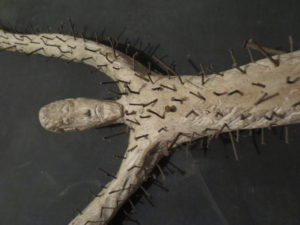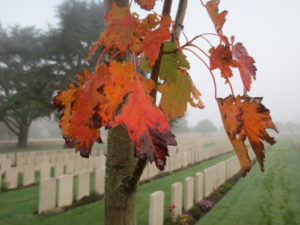Over twenty years ago a friend of mine, called Mary was detained by Border Control Officers. This is her story as I remember it.
Mary was my friend, a black woman I understood to have been born in Britain some twenty-five years previously; she worked in the local social security office. We went to the same church and sang together in the choir. I had known her about two years when she and a fellow member decided to marry. She asked me if she could borrow my wedding dress (I’d got married about 6 months previously) as she didn’t have a dress. That was fine: it fitted her, we were the same size.
About a week after the wedding, she was detained at work and taken to a detention centre near us. We visited her regularly and her husband often stayed with us too. A different story emerged that Mary was from Tanzania and in the UK illegally according to the Border Agency.
During a visit to see Mary one afternoon, she told me that she had indeed been born in Tanzania and grown up there. In fact she had a daughter who lived there with her parents. She had come to UK via Germany, first as a student and had then overstayed after her visa expired. She had made up the story of begin born in Britain. She was crying and apologising for not telling me the truth.
She was deported back to Tanzania. Before she left UK I gave her some money and bought her a new pair of shoes as she asked me. Mary was the first friend I had who this happened to. Although it happened 20 years ago, it’s still happening now to more people like Mary.
I was not angry with Mary. I was angry that the situation we were both in had her as a migrant and me as not a migrant. Mary was my friend and she had worn my wedding dress. This is the time to think of Mary’s story, that the poor be lifted up and for us to show mercy.
In our coming and our going
The peace of God


